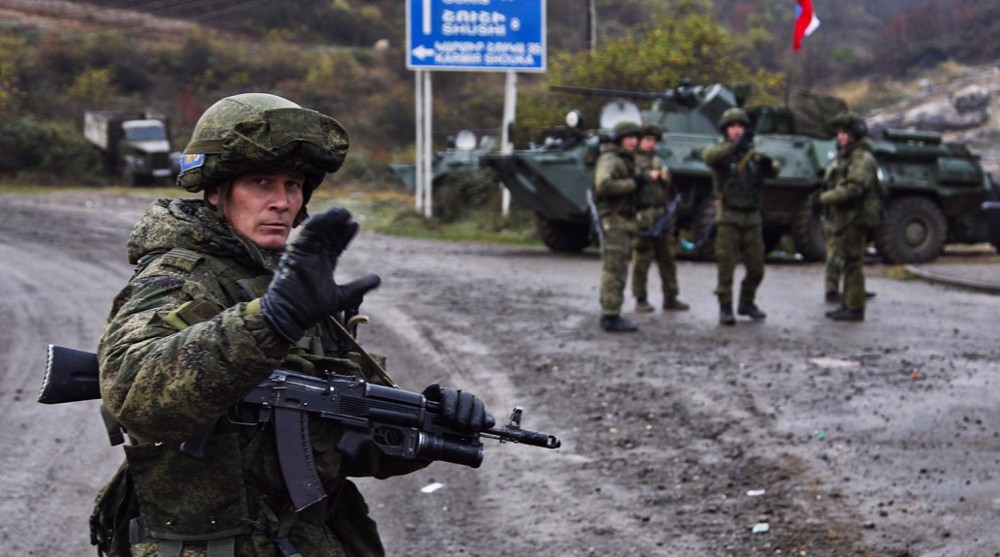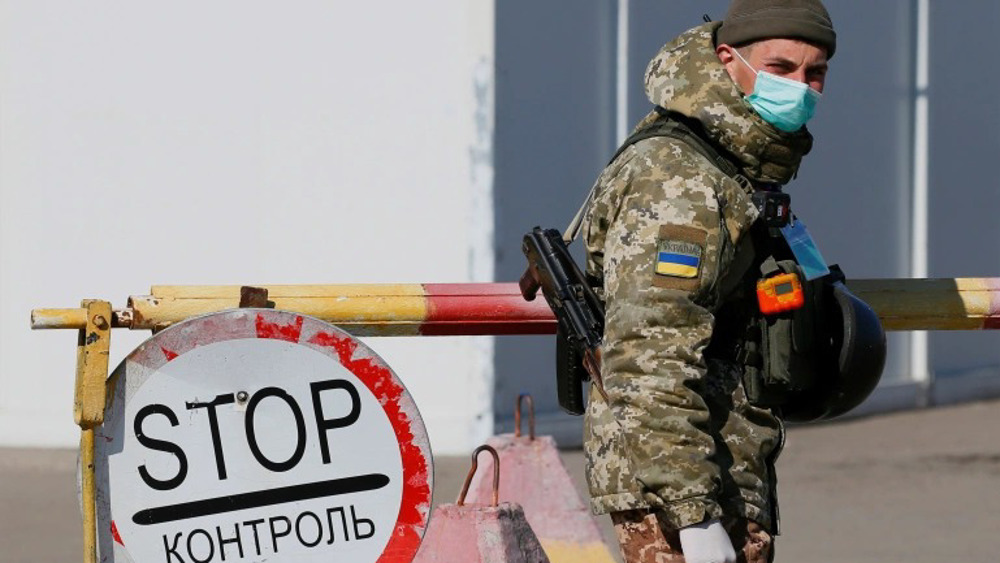Russia's military moves pose no threat to Ukraine, any other country: Moscow
Russia says its military activities in the vicinity of the common border with Ukraine pose no threat whatsoever to Ukraine or any other country, stressing, however, that Moscow is always mindful of its own security.
“Russia does not pose any threat to any country in the world,” assured Kremlin spokesman Dmitry Peskov in a press conference on Monday.
He emphasized that Russia “certainly does not pose any threat to Ukraine. But it always shows great consideration for its own security.”
The comments came a few days after the US-led NATO alliance expressed concern over what it described as a large Russian build-up across the Rostov region, which borders Ukraine’s breakaway regions, known as the self-proclaimed Donetsk and Luhansk People's Republics.
Donbass, composed of Donetsk and Luhansk, has been the scene of a bloody conflict between Ukrainian troops and pro-Russia forces since 2014. The UN says so far more than 13,000 people have been killed.
The armed confrontation began when a wave of protests in Ukraine overthrew a democratically-elected pro-Russia government and replaced it with a pro-West administration. The majority in the said regions refused to endorse the new administration.
That new government then began a crackdown on the mainly ethnic Russians in the east, who in turn took up arms and turned Donbass into self-proclaimed republics.
Kiev and its Western allies accuse Moscow of having a hand in the crisis. Moscow denies the allegation.
“The Russian army is moving across Russian territory in the directions it considers necessary, the way it considers necessary, to ensure safety and security of our country,” Peskov said.
Earlier, Moscow had warned that a serious escalation in the Donbass conflict could “destroy” Ukraine.
Russia believes it must be “vigilant” as “there is increased activity on the perimeter of Russia's borders by NATO, other alliances and individual countries.”
Relations between Moscow and Kiev further deteriorated when the Black Sea peninsula of Crimea rejoined Russia following a referendum in 2014. More than 90 percent of the participants in the referendum voted in favor of unification.
Later in 2015, the two sides signed a ceasefire deal in the Belarus capital, Minsk, with the French and German support. Nonetheless, both parties have on numerous occasions accused one other of violating the ceasefire.
Dec. 22: ‘Axis of Resistance’ operations against Israeli occupation
‘Abhorrent’: Oxfam says only 12 trucks delivered aid in North Gaza since Oct.
VIDEO | Leader receives religious eulogists on Hazrat Fatima birth anniv.
Pope Francis slams Israel’s ‘machine-gunning’ of Gaza children
US hostage-taking of Iranian nationals violation of intl. law: Deputy FM
VIDEO | Carol Singers for Palestine on London’s Parliament Square
Ansarullah says ‘Israeli terrorists’ incapable of confronting Yemen, warns of secret weapons
VIDEO | Yemenis praise the military for its successful operations against Israel













 This makes it easy to access the Press TV website
This makes it easy to access the Press TV website